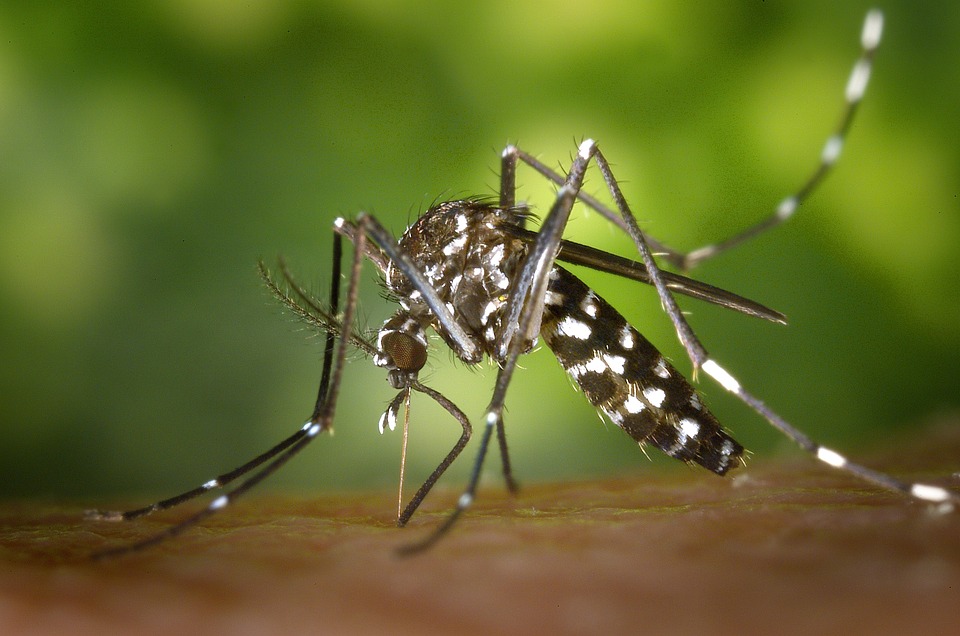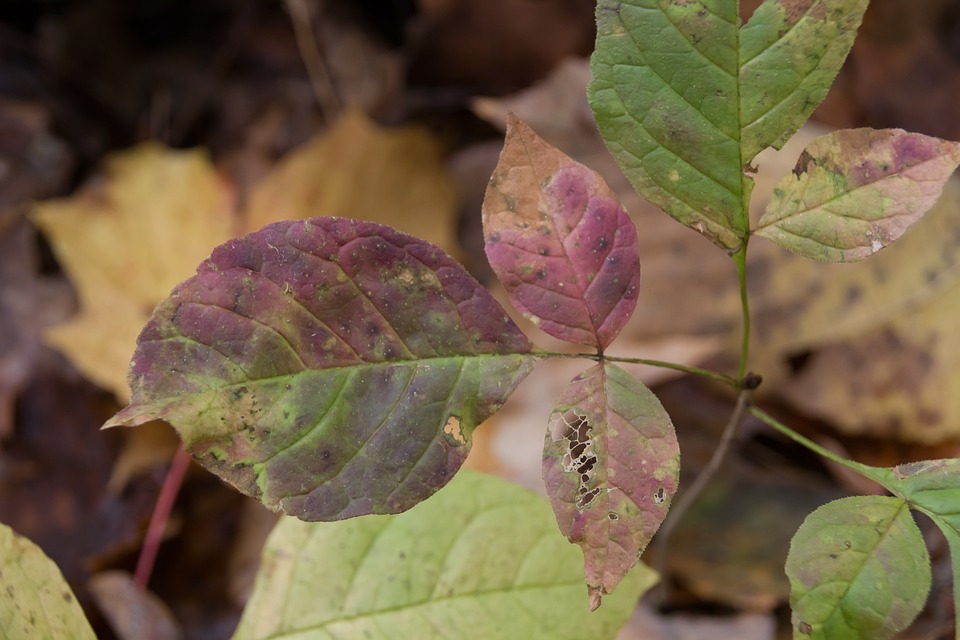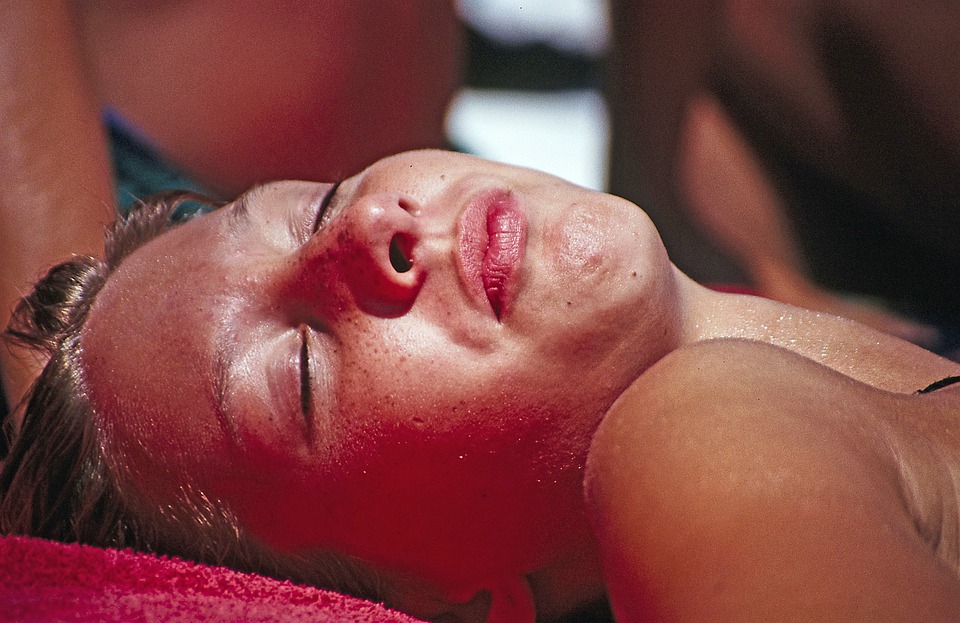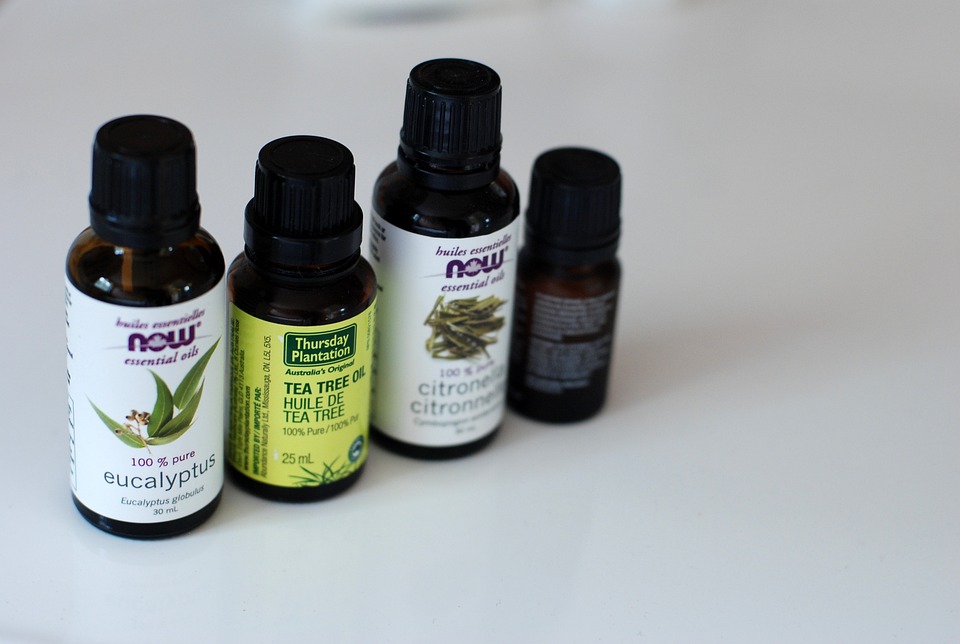
No one enjoys getting bitten by mosquitoes, but it’s something that’s expected when summer begins, particularly in wetlands or other places where standing water is present. The minor irritation of a mosquito bite can be vexing, but there are also real worries about more severe results that can come from getting bitten.
It would be ideal if there were means of eradicating mosquitoes and halting the spread of potentially dangerous illnesses like Zika. Furthermore, if there were methods of treating mosquito bites that worked effectively and without delay.
Good thing! There are solutions available to both ease the irritation prompted by mosquito bites in addition to techniques to evade the risk of being bitten initially.
You do not have to use a high-quality, safe, natural bug spray. Take a look at my best treatments for mosquitoes as well as advice on how to stop these bothersome bites in advance.
Why Do Mosquito Bites Itch?
Have you ever taken a swing at a mosquito buzzing around you and then been left with an itchy bump? I know I have and I always wondered why that was. There is an explanation for why people may react differently to their bite, which may result in an itch. When mosquitoes bite, they extract blood while injecting some of their saliva containing various proteins and an anticoagulant. The presence of protein in the saliva causes the immune system to secrete histamine, which consequently mobilizes white blood cells to the site of the issue and also prompts swelling, redness, and itching. Some individuals may not have an itching response to a mosquito bite, and may not even be aware of it. This can be due to their having developed a certain resistance, or it is also possible that if it is the first time they are being bitten, then the body does not yet recognize the invader and therefore does not generate a reaction.
10 Home Remedies For Mosquito Bites
1. Aloe Vera
Aloe vera is well-known for calming sunburns, but it is also useful for reducing inflammation, puffiness, and itchiness resulting from mosquito bites. That is because it works as a disinfectant, meaning it can lessen itching and inflammation. It also helps reduce pain and speed healing too.
If you own a potted plant in your abode, all that is needed to do is trim a leaf off and press the juice onto any mosquito bites. It is necessary to keep reapplying the treatment every two to three hours until the itching sensation has ceased. If you don’t own a plant, you can purchase one at most plant shops or home/garden stores, or you could buy ready-made Aloe vera gel.
2. Apple Cider Vinegar
Apple cider vinegar is known for its many benefits, such as providing relief for mosquito bites due to its antibacterial and anti-inflammatory attributes. It seems as though it is practically a solution to all problems. Using a disinfectant can be beneficial in calming and cleansing the area, possibly leading to a quicker recovery. Apply a small quantity of pure apple cider vinegar to a bite by pressing a cotton swab against it. Taking a bath is a good solution if you have multiple insect bites on your body. Include a few cups of apple cider vinegar in a bath filled with warm water. Allow the product to stay submerged for a minimum of 15 minutes for the most beneficial outcome.
3. Baking Soda & Witch Hazel
Baking soda has properties that make it an effective disinfectant and anti-inflammatory. It also helps to even out the pH levels of the skin, resulting in better relief from mosquito bites. The extract from witch hazel is a natural astringent and hence is able to reduce any swelling by draining out any additional liquid. Mixing the two ingredients together, forming a paste, and applying it to insect bites can provide fast relief. Let the paste stay on for around 10 minutes prior to washing it off.
4. Banana Peel
You might think it’s odd, but you should consider keeping the banana peels after you eat the banana if you want to avoid getting mosquito bites. Take the inner part of the peel and gently run it over them. The peel is beneficial due to its content of minerals, vitamins, and acids, which can provide relief from itching and discomfort.
5. Basil
Basil is a widely used seasoning in many dishes, particularly in soups and sauces, but it also has benefits such as eliminating itchiness due to its concentrations of thymol and camphor. You can utilize newly cut basil leaves to rub over any bug bites, or you can use basil essential oil. Mix the essential oil with a carrier oil such as almond or coconut oil before applying it to the affected area for fast relief.
6. Raw Honey
Sugar, if you acquire the proper kind, that is not the stuff in the bottle shaped like a bear constructed of plastic, but uncooked, organic honey, it’s an exceptional natural way to take care of mosquito bites. Its advantages as an ingredient in natural home remedies are clear; it has both antibacterial and anti-inflammatory properties, making it a top selection. Just apply a small amount of unprocessed honey to your stings, and soon relief will be yours.
7. Ice
It’s quite basic, yet very efficient, and chances are you already have some in your refrigerator right now. Using a cold compress such as ice cubes or a frozen bag of vegetables can help to alleviate itching, numb the hurt feeling and decrease inflammation. The use of ice is successful as it has the capability to reduce the sensations of itching and discomfort, as it has the ability to dull the nerves that trigger them. The cold climate is also beneficial in controlling the degree of inflammation and thus reducing discomfort swiftly and efficiently. Do not place ice directly onto your body; this can cause serious injury to the skin. Instead of using plain ice, cover it in a towel, use a reusable ice pack, or a bag of frozen vegetables, and hold it on the painful parts of your body for between 10 and 15 minutes.
8. Lemon Juice
This jubilant yellow citrus fruit can certainly help to restore joy in your life due to its aptitude to quickly soothe the pain and irritation caused by the bite of a mosquito. The extract of lemon has natural calming, anti-bacterial, and anti-inflammatory traits that make it an outstanding natural treatment. It has alpha-hydroxy acids and antioxidants, which can purify and facilitate the recovery process. Take a lemon, divide it down the middle, and then use the interior of one piece to gently rub over your bites. You might require using the other half if you have many bug bites. The lemon juice will not only take away the itch, but it will also keep an infection from forming.
Remember that this treatment should only be done when you are not planning to be in the sun again soon, as your skin will be more prone to being burnt, and lemons will not be able to stop this.
9. Milk & Water
Milk has proteins that reduce inflammation and make itching calmer, and with its natural alpha-hydroxy acid content it works as a booster for good skin health. If you are experiencing many bites, try soaking in a warm bath with an apple cider vinegar mixture added to it. Mix some water and milk and use a cotton ball to apply the mixture to your bug bites. It is suggested to opt for skim milk for the most benefit, due to its high protein level, but any type of milk can be used in a pinch.
10. Peppermint
Menthol and other cooling elements found in peppermint can affect the nerves to end the discomfort and the agony. You can crush the fresh leaves of peppermint and put them on your mosquito bites, or you can use peppermint essential oil, however, it should be mixed with a carrier oil first unless you want a strong reaction.
Things You Can Do to Avoid Mosquito Bites
Research has discovered that mosquitoes are vectors for parasites and some diseases, including malaria, filariasis, and the West Nile and Zika viruses. At present, there is not yet an effective remedy for the more serious consequences that may occur, so it is advisable to avoid being bitten by mosquitoes altogether.
Certain regions have been far more harshly affected than the rest, including Ethiopia, South Africa, Nigeria, Kenya, and Tanzania. Research has demonstrated that those indigenous to the African regions examined effectively make use of 64 different plant species belonging to 30 different families to help deter mosquitoes. The most prevalent vegetation in those regions is composed of oranges, eucalyptus trees, lantana camara and lippia javanica.
People employ three distinct strategies to make use of these plants: One methodology is to burn them and let the smoke serve as deterrents – where the concept of citronella torches and candles is likely to have come from. Putting potted plants in the house or scattering dried leaves around the house. Lastly, essential oils are applied directly to the body. Further research is needed, but we have acquired a wealth of knowledge from Africa.
1. Keep Areas Around Your Home Free of Standing Water
Take the time to survey your home. Have a look at the pool, and get rid of any drains, buckets, tires, or anything else that can contain water. Dispose of the water or these objects that are not needed. If a body of water remains motionless for four to seven days, the probability of mosquitoes breeding increases dramatically. You should get rid of as much standing water as you can to lessen the chance of having a mosquito problem.
Search for containers like flowerpots, garbage cans, and pails that could store water. Take time to unclog your gutters. If you possess a birdbath, make sure to replace the water inside of it once a week. It is necessary to frequently flush sump pump basins and to not allow those cute, tiny, plastic swimming pools to hold water for extended periods. Get the water out of your swimming pool cover right away if it is collecting it. And always keep your pools and hot tubs clean.
If you keep your recycling bins outside, create some holes in the bottom of them so that the rainwater can escape. If you notice frequent standing water accumulating in pockets on your lawn, a professional landscape architect is a good resource to tap into in order to figure out the best way to address this issue. Keep the lawn mowed. Tall grass and weeds are favorite hang-outs for mosquitos! The Orange County Mosquito and Vector Control District in California recommends adding mosquito fish to any decorative waterways. Certain enterprises may offer these services free of cost, so contact your local department to find out. (Always avoid invasive species.)
2. Avoid Going Outside After Sunset — But If You Do, Cover Up
Mosquitoes are most active between sunset and sunrise. Schedule your outdoor activities at varying times to help minimize irritating bug bites.
If you must go outside, put on clothing that covers your arms and legs. It’s advisable to ensure that the clothing is thick enough in order to prevent mosquitoes from being able to bite through it. You may want to consider spraying your clothing with a natural repellant in order to keep away these annoying bugs. Steer clear of wearing brightly colored clothing and using perfumes as they may bring mosquitoes to you.
3. Prepare to Prevent Mosquito Bites While Traveling
It’s critical that you think through your travel plans. The Centers for Disease Control and Prevention has a wealth of useful facts and figures on their website, especially with regard to Zika. Mosquito bites can significantly increase the possibility of contracting serious illnesses such as Zika, dengue, or chikungunya.
It is especially important if you are pregnant or planning on becoming pregnant. Be certain to investigate thoroughly the locations that you intend to visit. Be sure to know of procedures to avoid mosquito bites prior to your getaway and continually while visiting. It is not permissible to take a lot of liquids on a trip, but you may be able to bring tiny bottles of essential oils and an empty spray bottle for you to combine oils at your destination. Otherwise, you could be left with some harmful elements which can be hazardous for everybody, most particularly for those who are pregnant or breastfeeding.
4. Eat a Healthy Diet
What you eat can affect your susceptibility to being bitten by mosquitoes. Eating a lot of unrefined grains, fruits, and vegetables is much more effective than a diet that contains processed foods and sugar when it comes to avoiding pesky bloodsuckers. It has been thought for some time that pure garlic can be a beneficial remedy, however, modern research implies that garlic and beeswax together in a mixture could be even more beneficial.
Avoiding beer consumption could help too. Studies have indicated that people who consume beer are more prone to getting bitten by mosquitoes compared to those who do not drink beer. Itching can be relieved using onions and bananas. You can get some relief from a bite by rubbing the inner surface of either a banana peel or an onion piece onto the affected area. Most pungent dishes feature garlic and onions, so they could be of assistance.
What to Do If You Have an Allergic Reaction
Mosquitoes are not only a nuisance due to their itch-causing bites but also because they can transmit diseases. In certain cases, individuals may even be allergic to the bites. Usually, a bite leads to a red, enlarged lump that’s accompanied by an annoying itch that may appear within a few hours and last for a few days. In the case of allergies, it might also cause blister-like lesions, hives, a fever, and inflammation of the joints.
That’s not all. Anaphylaxis, a potentially life-threatening condition, has a few symptoms that one should be aware of, such as a swollen throat, hives, feeling faint, or wheezing. In rare cases, mosquitoes may trigger an allergic reaction which requires medical treatment. If you, or somebody who is with you, have any of the following signs and symptoms, it is essential to get professional help right away. Ensure that the zone is elevated, put ice on to cut down the inflammation, and carefully cleanse the blisters with soap and water – making sure to be delicate so the blister does not rupture, as this can lead to infection.














